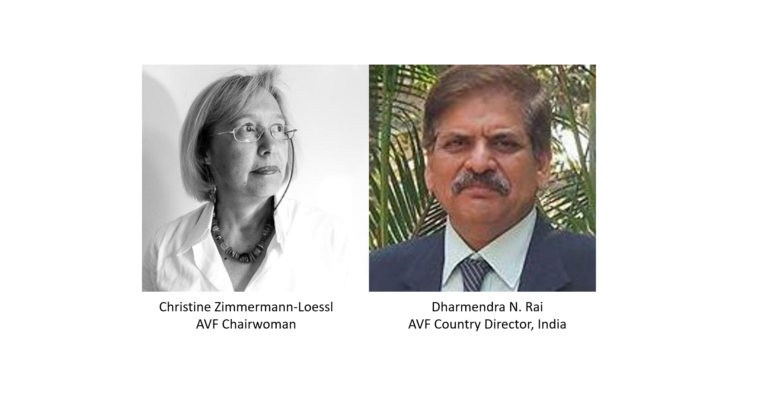By Christine Zimmermann-Loessl and Dharmendra N. Rai
Urban Agriculture
According to United Nations, close to 10 billion people will live in our cities by 2050. At least 55% of the world’s population already lives in urban areas, and 80% of the food produced in the world goes to urban areas. The social, economic and environmental sustainability of food systems and changes in urban diets will depend heavily on the management of food systems in urban and peri-urban environments. A city district supply system is defined as “all actors, processes and the relationship between production, processing, distribution and consumption in a particular urban area where there is a greater or lesser concentration urban centre and the peri urban and rural interior.”
It is high time we put a stronger focus on the Urban Food Agenda. “Resilient, integrated, sustainable and inclusive food systems” to ensure all people of the world are free from hunger and malnutrition is an integral part of FAO 2030 vision.
The UN Food Systems Summit on the 23rd Sept. 2021 was held in New York. It prepared the ground for the transformation of our global food systems to meet the Sustainable Development Goals by 2030. There are 2.5 billion people living in more than 1,600 cities who will experience a drop in agricultural production posing huge challenges to residents and local authorities. But with urban-continuum resiliency governance communities, institutions, business, and food systems can survive, adapt and thrive, whatever happens.

SMART Cities and Urban Agriculture Programme
The Smart Cities Mission (SCM), launched in 2015, aims to improve the quality of life and boost ecomomic growth in 100 cities and towns in India by fostering local development and leveraging technology.
In India, urban agriculture is practiced in many cities, including Mumbai, Delhi, Kolkata, Bengaluru and Chennai, under the guidance of government, private organizations or even individuals. Projects are assisted by the Government of India – Ministry of Housing and Urban Affairs.
The aim is to promote sustainable and inclusive cities with basic infrastructure and offer citizens a clean and sustainable environment with the application of SMART solutions.
With a focus is on sustainability and inclusiveness, the idea is to look at compact areas and create replicable models that will act as a beacon of inspiration for other aspiring cities.


THE JOURNEY OF AVF
The Association for Vertical Farming (AVF) is the leading global non-profit organisation facilitating international exchange and co-operation to accelerate the development of the vertical farming industry.
We will build an Urban Agriculture and Entrepreneurial Skills training programme for adult learners, which will equip them with all the skills needed to help build resilient communities and cities.
Urban farming can provide income and create new jobs.
SUSTAINABLE FARMING
Mission: AVF is to help create sustainable societies in which future generations can feel peace of mind.
Vision: Developing a system that can produce high quality food of high nutritional value all over the world in a sustainable way.
Over the past few years, concerns have been raised about food shortages due to global population growth, environmental disaster, economic disparities and political challenges, and how this will also affect agriculture. At the same time, consumer needs have grown due to demand for reliable production and supply of safe, delicious and high-quality food.
We believe that developing sustainable farming practices in new perspective and linking this concept to the next generation is an important task.


The Three Elements:
Social – the ability to produce safe food on a consistent and steady basis.
Economical – the capacity for enterprises to secure stable profits.
Environment – safeguarding global recourses and the environment.



Comments are closed.